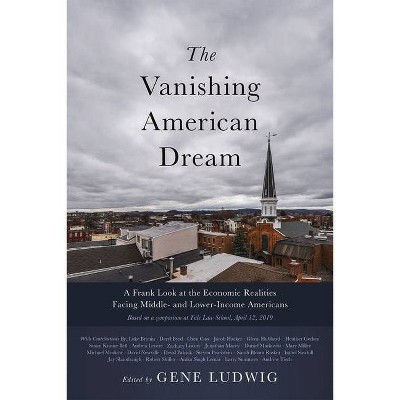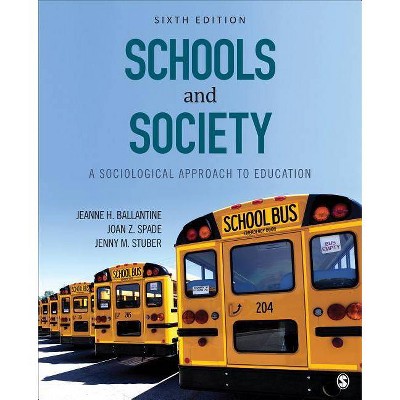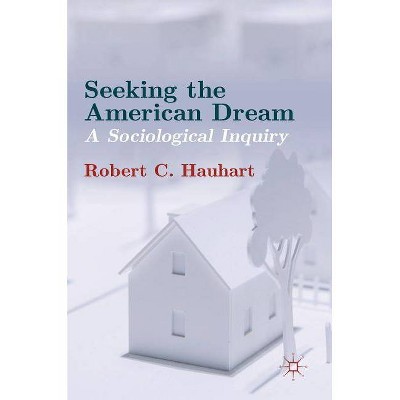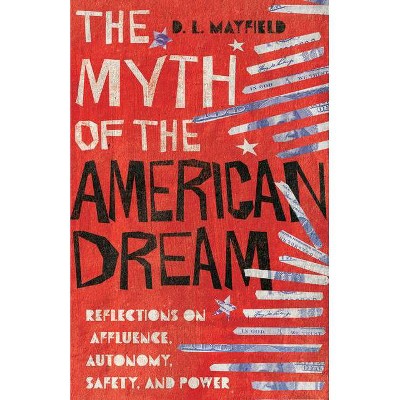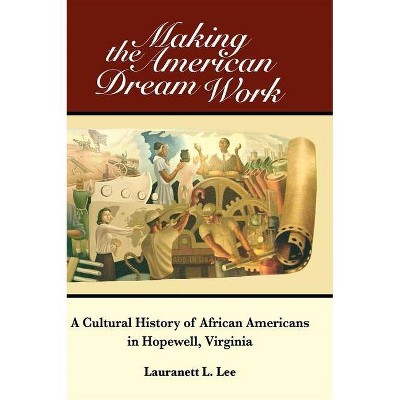Aspen and the American Dream - by Jenny Stuber (Hardcover)
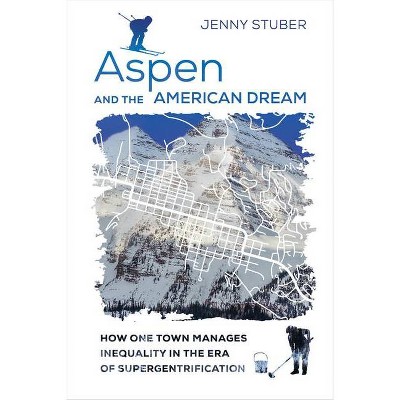
Similar Products
Products of same category from the store
AllProduct info
<p/><br></br><p><b> About the Book </b></p></br></br>"How is it possible for a town to exist where the median household income is about $73,000, but the median home price is about $4,000,000? Boring into the 'impossible' math of Aspen, Colorado, Stuber explores how the middle-class have found a way to live in this super-gentrified town. Interviewing a range of residents, policymakers and officials, Stuber shows that what resolves the impossible math equation between incomes and home values in Aspen, Colorado--the "X-factor" that makes middle-class life possible--is the careful orchestration of diverse class interests within local politics and the community. She explores how this is achieved through a highly regulatory and extractive land use code that provides symbolic and material value to highly affluent investors and part-year residents, as well as less-affluent locals, many of whom benefit from an array of subsidies--including an extensive affordable housing program--that redistribute economic resources in ways that make it possible for middle-class residents there. Stuber further examines how Latinos, who provide much of the service work in Aspen and who tend to live outside the town, fit into the social geography of one of the most unequal places in the country. Overall, Stuber argues that the Aspen's ability to balance the interests of its diverse class constituencies is not a foregone conclusion; rather, it is the result of efforts by local stakeholders--citizens, government, developers, and vacationers--to preserve the town's unique feel and value, and "keep Aspen, Aspen" in all its complex dynamics"--<p/><br></br><p><b> Book Synopsis </b></p></br></br><p>How is it possible for a town to exist where the median household income is about $73,000, but the median home price is about $4,000,000? Boring into the "impossible" math of Aspen, Colorado, Stuber explores how middle-class people have found a way to live in this supergentrified town. Interviewing a range of residents, policymakers, and officials, Stuber shows that what resolves the math equation between incomes and home values in Aspen, Colorado--the X-factor that makes middle-class life possible--is the careful orchestration of diverse class interests within local politics and the community. She explores how this is achieved through a highly regulatory and extractive land use code that provides symbolic and material value to highly affluent investors and part-year residents, as well as less-affluent locals, many of whom benefit from an array of subsidies--including an extensive affordable housing program--that redistribute economic resources in ways that make it possible for middle-class residents to live there.</p><p>Stuber further examines how Latinos, who provide much of the service work in Aspen and who tend to live outside the town, fit into the social geography of one of the most unequal places in the country. Overall, Stuber argues that the Aspen's ability to balance the interests of its diverse class constituencies is not a foregone conclusion; rather, it is the result of efforts by local stakeholders--citizens, government, developers, and vacationers--to preserve the town's unique feel and value, and "keep Aspen, Aspen" in all its complex dynamics.</p><p/><br></br><p><b> From the Back Cover </b></p></br></br>"<i>Aspen and the American Dream</i> offers a fresh, important take on hyper-inequality. Stuber's writing is crisp and engaging; it conveys theory and analysis at just the right pace, not too densely for general readers; and its empirical tone makes the place, people, and issues come alive."--Leonard Nevarez, Author of <i>Pursuing Quality of Life and New Money, Nice Town</i> <p/> "An exceptional study of class, inequality, elites, and everyday workers brings us deep into the heart of Aspen. This beautiful ethnographic portrait of politics, place, and the crafting of community is for sociologists, urban planners, policy makers, and anyone interested in the dynamics of class in twenty-first-century America."--Shamus Khan, author of<i> Sexual Citizens: Sex, Power, and Assault on Campus</i> <p/><p/><br></br><p><b> About the Author </b></p></br></br><b>Jenny Stuber</b> is Associate Professor in Sociology at the University of North Florida.
Price History
Price Archive shows prices from various stores, lets you see history and find the cheapest. There is no actual sale on the website. For all support, inquiry and suggestion messagescommunication@pricearchive.us


